Against the tide
Like many Singaporeans, I spent much of the ’90s tuned in to MediaCorp TV Channel 8 shows like The Unbeatables, Return Of The Condor Heroes and Morning Express. But things began to change with the boom of video rental stores and, later, the popularity of video-streaming sites like Netflix and LeTV. Who knew we had options? Who knew watching American sitcoms such as NBC’s Parks And Recreation could be so cathartic? Or that there were so many men in Seoul better-looking than Chen Hanwei?
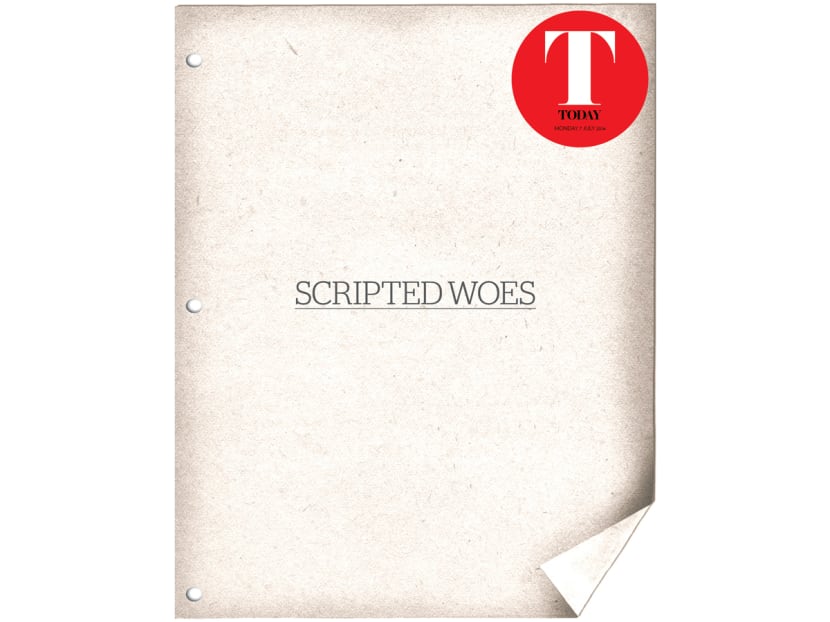
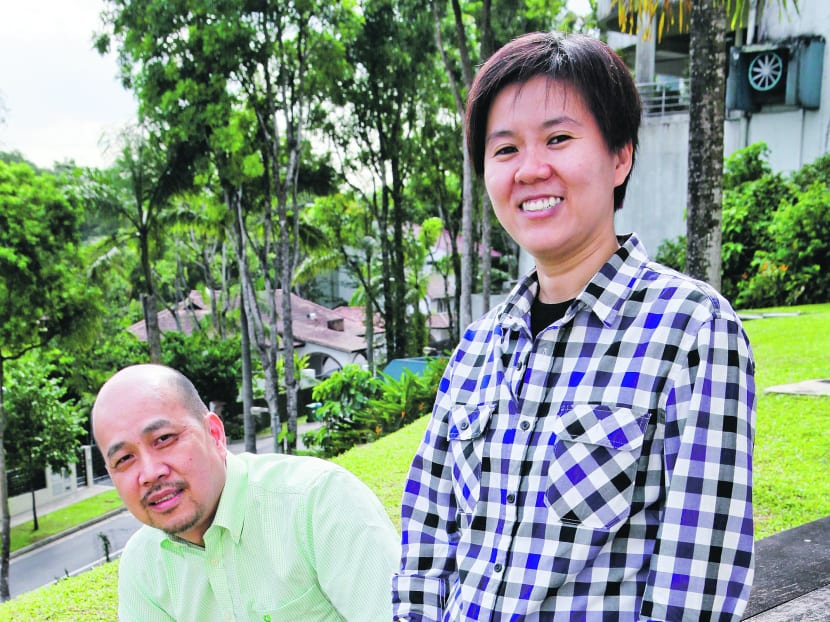
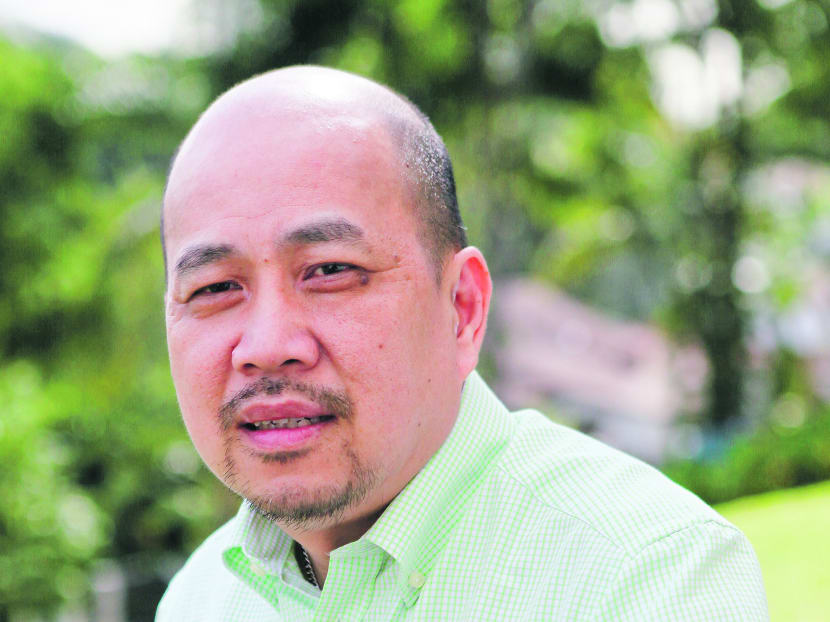
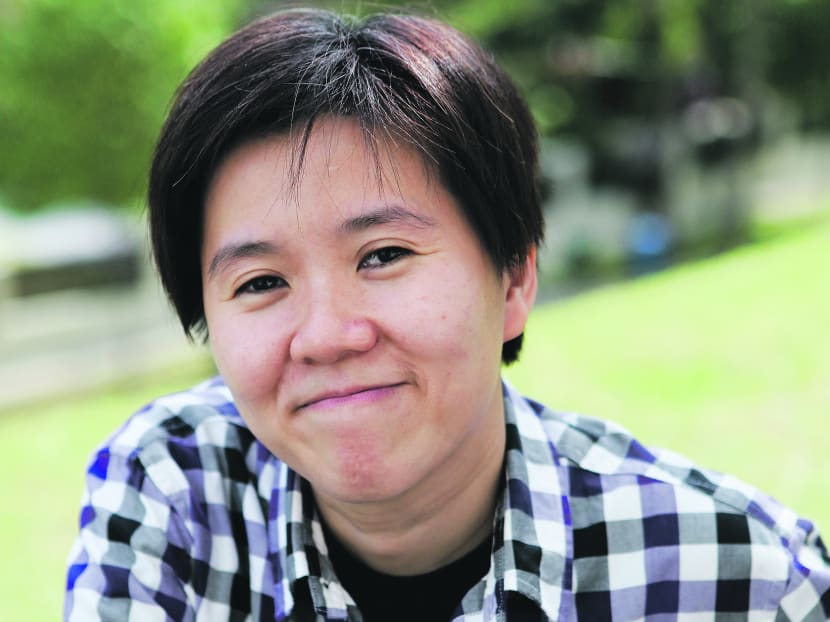
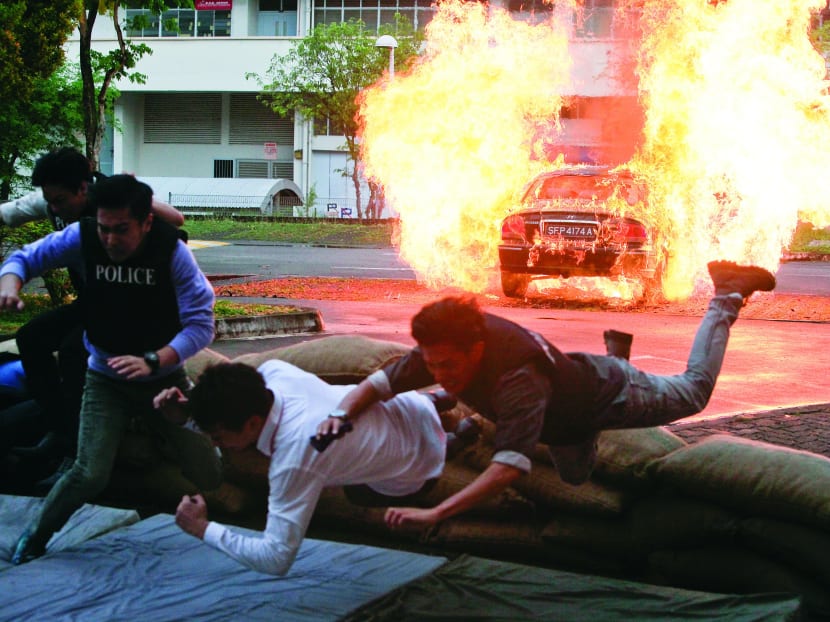
Like many Singaporeans, I spent much of the ’90s tuned in to MediaCorp TV Channel 8 shows like The Unbeatables, Return Of The Condor Heroes and Morning Express. But things began to change with the boom of video rental stores and, later, the popularity of video-streaming sites like Netflix and LeTV. Who knew we had options? Who knew watching American sitcoms such as NBC’s Parks And Recreation could be so cathartic? Or that there were so many men in Seoul better-looking than Chen Hanwei?
But as an entertainment writer at this newspaper, I had over the past few months decided to take time away from my regular fix of Sherlock, Game Of Thrones and My Love From The Stars to catch up on Channel 8’s drama series for, well, research purposes.
I was genuinely curious. Do our dramas still regularly involve sudden pregnancies, rape and other frightening mishaps that shatter the illusion of reality? Well, not really. But the last time I sat down to watch an episode of The Journey: A Voyage, Li Nanxing was attacked by a tiger.
I also grew more enquiring about Channel 8’s scriptwriting processes and eventually made appointments to speak with Channel 8’s senior scriptwriter Cheong Yan Peng, script supervisor Lau Ching Poon, as well as managing director of MediaCorp studios, Doreen Neo, just to see if I could learn more about the scribes and what they did. And their admissions were illuminating.
“There is a huge problem,” said Lau when I admitted that I do not regularly watch Channel 8 programmes. “The audience just doesn’t want to give us a chance,” he continued.
Lau is an award-winning writer with 12 years of experience writing series like World At Your Feet, Love Thy Neighbour and With You. And he believes Channel 8 shows are not “any worse than those of China, Hong Kong or Taiwan”, though I was surprised to hear him concede that he rarely watches television shows produced in other countries because he has “no time”.
“My family only watches Channel 8 when it is showing a series that is written by me. I am not saying that I am a good writer, but if you give us a chance, you’ll realise that local television productions aren’t that bad.”
But challenges are inevitable and Lau admits that he and his colleagues have their fair share to struggle with — particularly where the language of choice is concerned. Those familiar with Channel 8’s drama series will notice that characters don’t exactly speak the way Singaporeans do in real life, much to the chagrin of its scriptwriters and my ears.
“We are not allowed to include dialects in our scripts, so the flavour isn’t quite there any more,” Lau said, adding that Singapore’s strict broadcast restrictions for free-to-air television can be difficult to work around. “Mandarin is also not the first language for many of our actors, so they sound unintelligible. It’s not their fault, but it does make our shows look bad compared with shows from other countries.”
Cheong agreed: “We can write lines in a certain way, but the ensuing effect can be quite different. In Korea, for example, there is only one language and culture, so they don’t have the same problem.”
WRITING THE FUTURE
The problem is compounded by a limited talent pool that is capable of writing well in the first place.
“I think it is a national problem, because we have kids who are not good in either English or Mandarin, half-past-six at everything,” said Neo.
“Being able to write is also very different from being able to write a script. Scriptwriters have to have life experience and they need about 10 to 20 years before they can become strong, independent writers.”
It is a lot to be up against, especially when the battle for eyeballs is getting increasingly global and intense. But it’s not all doom and gloom and man-eating tigers. The channel is putting up an admirable fight, even in the face of so much adversity. An average of 1.08 million viewers — a fifth of Singapore’s population — tuned in for the final episode of C.L.I.F. 3 in May. Its drama series are also doing well in other parts of South-east Asia, like Cambodia and Indonesia.
But as more and more viewers, like me, grow accustomed to a diet of big-budget, snappily-written productions from around the world, Channel 8 has to quickly strengthen its biggest edge over its competitors. The trouble — and I may be wrong — is that the channel seems to be trying to compete with the likes of Criminal Minds, CSI or even China’s Scarlet Heart, in being more dramatic, more exciting, or even better looking. Perhaps the key to beating the competition for local viewership is local content — shows that can only be produced in Singapore, written by Singaporeans, for an audience of several million who are hungry to see and hear stories that resonate.
And the Internet may well play a greater role. Channel 8 can continue creating family-friendly fare in perfect Mandarin for free-to-air television. At the same time, it can produce television shows that look and sound genuine to adult Singaporean audiences for its platforms online, territory that has wiggle room when it comes to broadcast restrictions — at least for now.
Channel 8 is apparently already taking small steps in that direction, even though it does not have the means to produce expensive large-scale series for its still-growing online audience. Neo says that new series that do not meet the requirements for free-to-air television will be produced for MediaCorp’s Internet video service Toggle, including a series called Mystic Whispers that will be “too scary” for Channel 8, and a drama series set in 1960s Singapore that will have “lots of local context” and colloquialisms.
The channel is also in the midst of setting up master classes and mentorship programmes with experienced scribes from around Asia for its writers, so the next time Qi Yuwu gets shot in the arm and trapped in a giant freezer with Joanne Peh, as they did in the final episode of C.L.I.F. 3, he doesn’t have to say: “I don’t think fate is cruel — fate brought us together ... ”
“There are many, many television shows. You can watch any show you want from any country. You have to compete with all of them,” Cheong reasoned. “But once you go online, there is more space, more freedom in terms of language. You have more room to be creative and you can play around with more angles with regard to local television.”
“In terms of (free-to-air) television, we are still limited geographically. But in the next wave, we should be able to compete with other countries. This is what I hope for the future — to be competitive and to keep improving.”
For my part, I am rooting for the scriptwriters at Channel 8 to succeed. After all, wouldn’t it be nice to have American, Korean and Chinese audiences watch Singaporean shows for a change?








